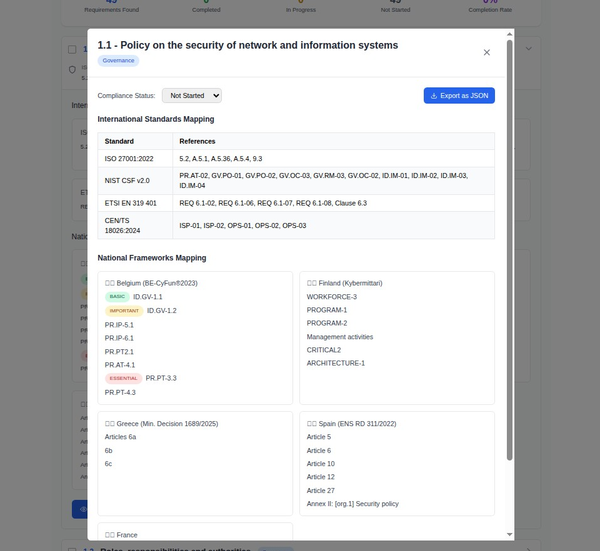The Role of Blockchain in Ensuring Data Privacy

Introduction
Blockchain, often associated with cryptocurrencies, has a broader range of applications, especially in the realm of data privacy. As data breaches and privacy concerns become more prevalent, blockchain emerges as a potential solution. This article delves into how blockchain technology can enhance data privacy and aid in compliance with various regulations.
Understanding Blockchain
What is Blockchain?
Blockchain is a decentralized, distributed ledger technology that records transactions across multiple computers, ensuring data integrity and transparency.
Key Features
- Decentralization: No single entity controls the data.
- Immutability: Once data is added, it cannot be altered.
- Transparency: All transactions are visible to participants.
Blockchain and Data Privacy
Enhanced Security
Blockchain's decentralized nature reduces the risk of centralized data breaches. Its cryptographic algorithms ensure data security.
Data Ownership
Blockchain allows individuals to have control over their data, deciding who can access it and for what purpose.
Compliance with Regulations
Blockchain can aid in compliance with data protection regulations like GDPR by providing transparent and tamper-proof data processing records.
Benefits for Businesses
Trust Building
Using blockchain, businesses can build trust with customers by ensuring data privacy and transparency.
Reduced Operational Costs
Blockchain can automate data verification processes, reducing operational costs and human errors.
Streamlined Compliance
Blockchain's transparent and immutable nature can simplify compliance processes, making it easier for businesses to adhere to data protection regulations.
Challenges and Considerations
Scalability
One of the challenges of blockchain is scalability, especially when handling vast amounts of data.
Adoption Barriers
Lack of understanding and technical expertise can hinder blockchain adoption in data privacy applications.
Data Privacy Paradox
While blockchain promotes data transparency, it must be balanced with privacy needs, leading to a potential paradox.
Conclusion
Blockchain technology holds significant promise in the realm of data privacy, offering enhanced security, data ownership, and streamlined compliance. While challenges exist, the potential benefits for businesses and individuals alike are undeniable. As technology advances and adoption barriers are overcome, blockchain could redefine the way we approach data privacy in the digital age.





